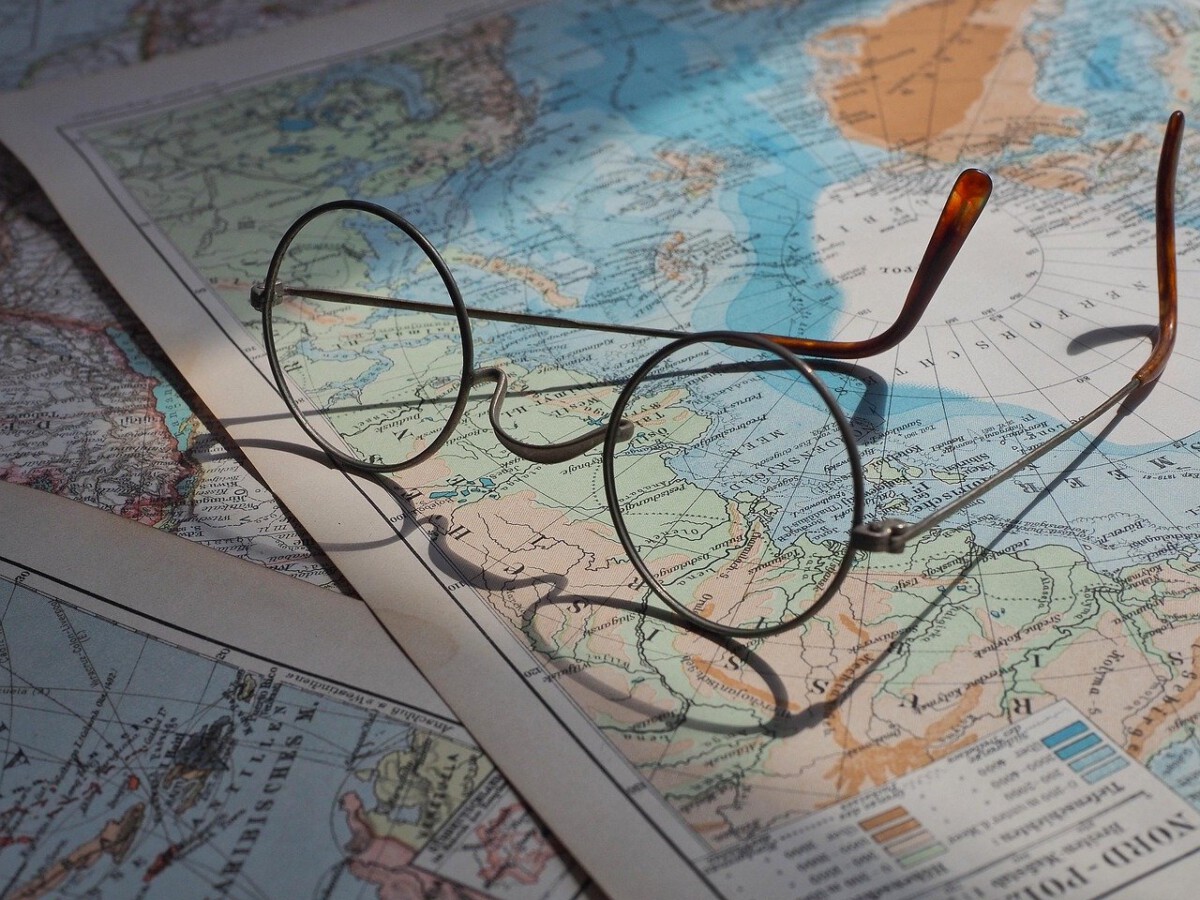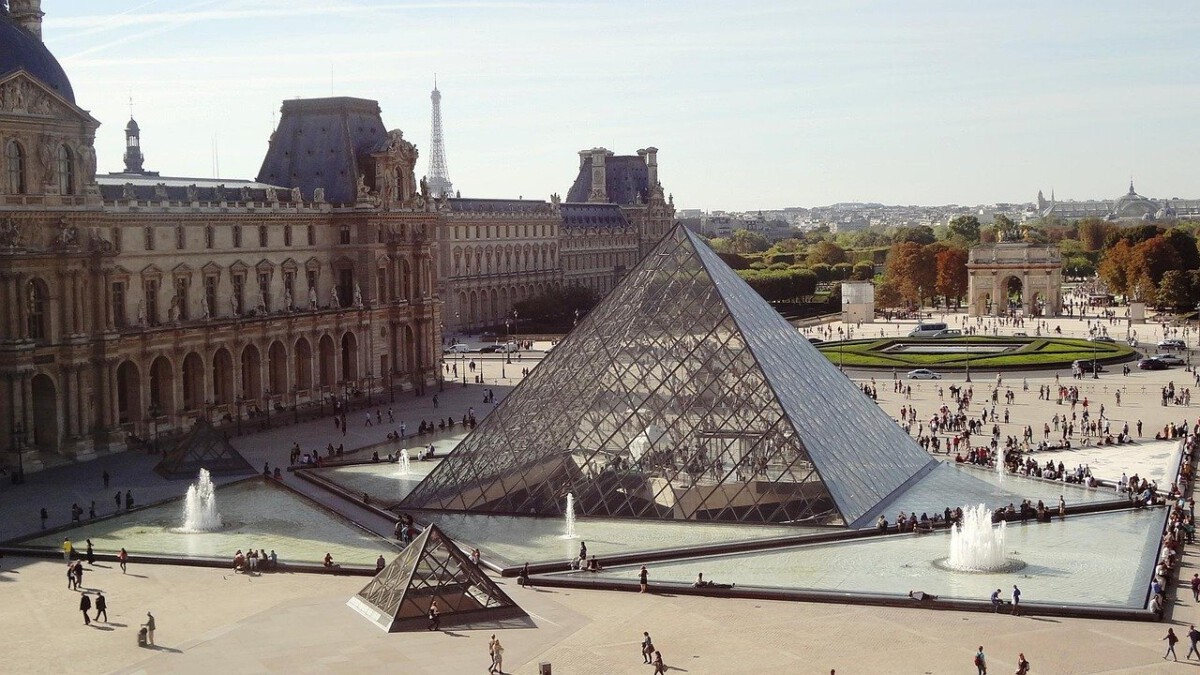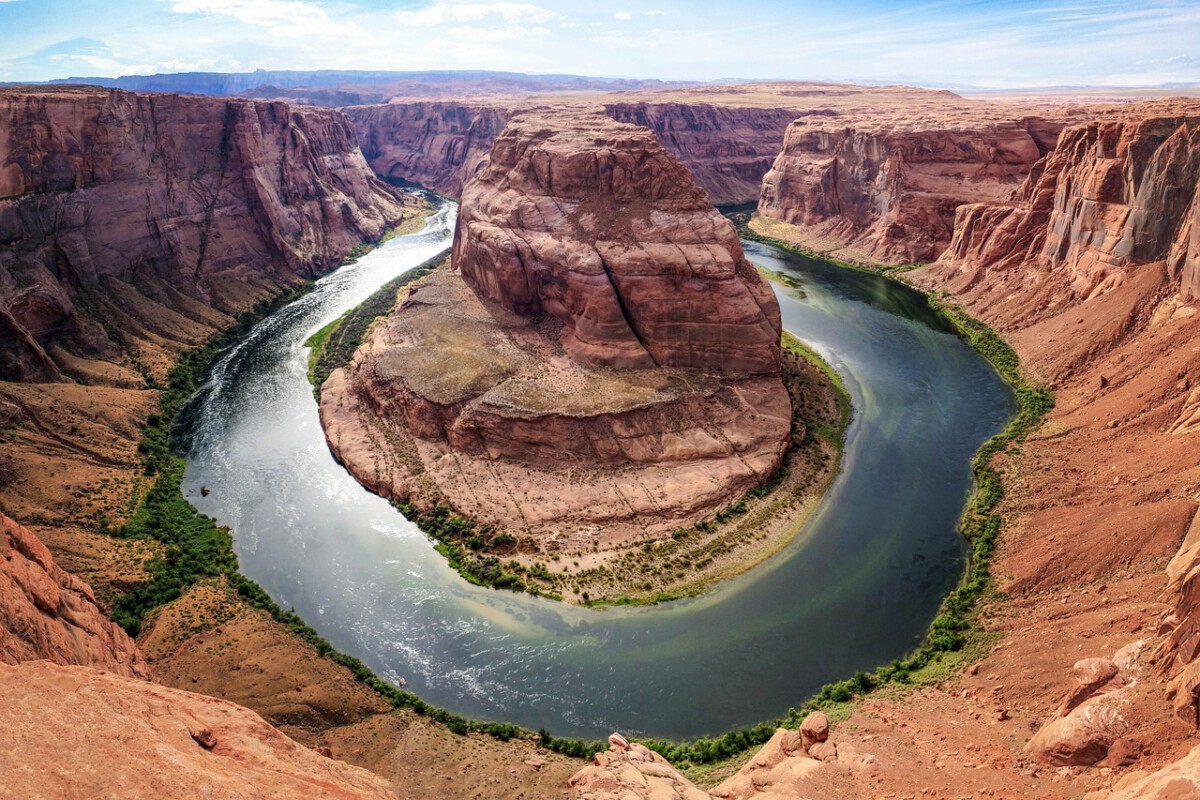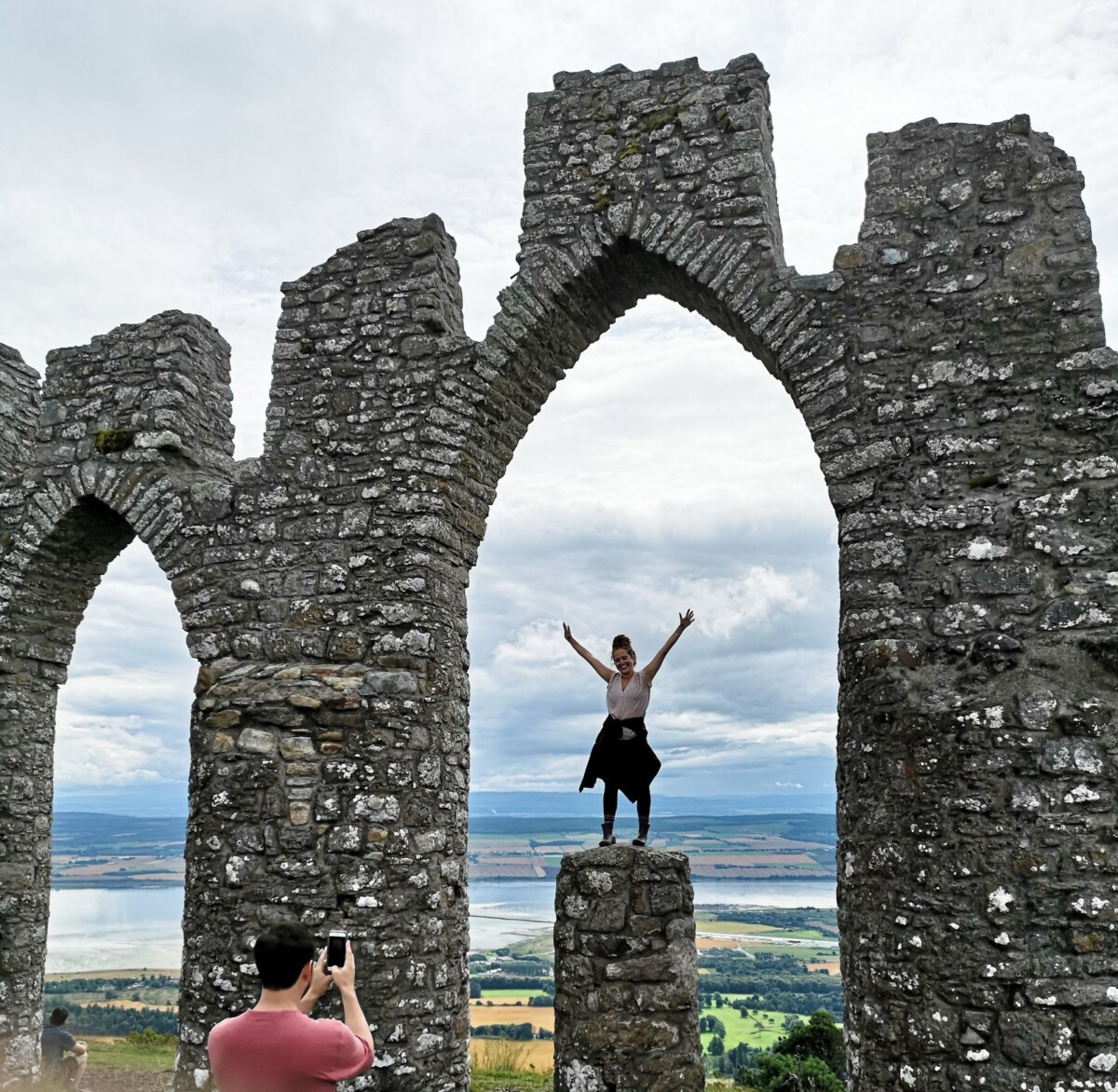Picture This Your Dream Destination Could Become Your Nightmare

You’ve saved for months, planned every detail, and booked that perfect getaway to one of the world’s “safest” countries. But imagine arriving at your hotel only to find out that your prescription medication could land you on death row, or discovering that even transit passengers get drug-tested upon arrival. What if that volcanic paradise you chose because it topped every safety list suddenly erupts, stranding you thousands of miles from home? These aren’t fictional horror stories—they’re real scenarios that happened to actual travelers in 2025. Iceland is the safest country in the world for the 15th year in a row according to the Global Peace Index, Denmark is the second safest, and New Zealand is the fourth-safest country in the world. But as we’ll discover, even the safest ratings can hide dangerous surprises. The truth is that safety rankings often miss the subtle traps that can turn paradise into a prison.
Singapore The Zero Tolerance Paradise That Doesn’t Forgive

Singapore ranks sixth on the Global Peace Index for 2023 and has one of the lowest crime rates in the world, possibly due to the severe penalties that are issued for even small crimes. But here’s what travel blogs won’t tell you about this sparkling city-state. Travelers to Singapore face severe consequences for drug-related offences, with evidence of drug use in your system upon arrival leading to refusal of entry or arrest, even if the drugs were consumed legally in another country. Think you’re safe because you’re just transiting through? Think again. Travelers can be screened for drugs in their system on arrival, including during transit stops, and transit passengers are not exempt from these rules. Even something as innocent as CBD oil from your home country could result in penalties including caning and the mandatory death sentence for some trafficking offences.
Portugal The Surprising Slide from Safety Champion

Portugal consistently appears on “safest countries” lists, and for good reason. Portugal has a very low crime rate scoring 32.1 in Numbeo’s 2025 Crime Index and is one of the safest countries in Europe, ranking as the seventh safest country in the world according to the Global Peace Index. However, recent developments paint a more complex picture. Australian government travel advice now recommends exercising a high degree of caution with travel advice level YELLOW. The country faces increasing challenges with petty crime such as pickpocketing and bag snatching being common, especially in major cities like Lisbon and Porto, with thieves often targeting tourists. What’s particularly concerning is that Portugal’s current threat level is 3, “significant,” on a scale of 5 for terrorism, despite being considered traditionally safe.
Iceland Nature’s Beauty Hiding Volcanic Fury

Iceland consistently earns the title of safest country in the world and 2025 is no exception, with incredibly low crime rates and a close-knit society. But Mother Nature doesn’t follow safety rankings. There are volcanic eruptions occurring on the Reykjanes Peninsula in Southwest Iceland, near the town of Grindavík and the Blue Lagoon, with further eruptions potentially happening at any time and without warning. The situation is more volatile than many realize. Volcanologists suggest that the current phase of increased activity may persist for years or even decades, with expectations that the volcano on the Reykjanes Peninsula could erupt again within weeks or months. Picture planning your Northern Lights adventure only to find yourself evacuated from your hotel with no refund and flights canceled indefinitely.
Switzerland The Hidden Costs of Perfection

Switzerland’s safety infrastructure makes it a safe destination for travelers that will continue to be safe for travelers a decade from now, and these countries are still going to be bellwethers for travel safety in 2025. Switzerland consistently ranks in the top tier of safe destinations worldwide. However, the country’s perfection comes with unexpected legal pitfalls that can shock unsuspecting visitors. The Swiss legal system operates with precision that can feel brutal to outsiders. Minor infractions that might earn you a warning elsewhere can result in hefty fines and legal complications. Their zero-tolerance approach to certain violations, combined with some of the world’s highest costs for everything from accommodation to food, can turn a dream vacation into a financial nightmare. What seems like minor rule-breaking to tourists can have serious consequences in a country where rules are sacred.
Austria The Safest Nation with Surprising Social Tensions

Austria ranked as the fifth-safest country in the world again in 2023, though violent demonstrations in the wake of ongoing social unrest remain a concern. While these demonstrations are relatively easy to avoid and serious crimes are uncommon, travelers should watch for pickpockets and purse-snatchers. The country has been spared any major acts of terrorism in recent years, making it statistically very safe. However, the mention of ongoing social unrest indicates underlying tensions that can flare up unexpectedly. Austria’s position in the heart of Europe also makes it vulnerable to broader regional instabilities. The country’s safety rankings reflect past performance rather than emerging risks, and travelers might find themselves caught in situations that official statistics don’t capture.
Ireland The Emerald Isle’s Growing Pains

Ireland became notably more peaceful in 2021 and has retained the third spot in 2023 on the Global Peace Index, with crime being quite low outside of a few city neighborhoods. Yet recent trends tell a different story. Crime rates in Ireland have been trending down in recent years, but there are still some areas of concern, with theft, fraud, and recorded crime increasing in 2023. The country’s infrastructure faces significant challenges, and Ireland has made significant improvements to its infrastructure in recent years, though it still faces some issues. What many don’t realize is that Ireland’s scenic beauty can become treacherous quickly. The Irish landscape may pose a greater safety risk than its people—the country’s breathtaking cliffs and winding country roads must be treated with respect, especially during a sudden rainstorm or in areas with no cell reception.
Norway The Arctic Paradise with Hidden Dangers

Oslo is perhaps Europe’s safest capital, and Norway consistently ranks among the world’s safest countries. The northern regions offer breathtaking landscapes and unique experiences, but they also present serious risks. Multiple dangers exist if you travel to Svalbard in the country’s north, as this town has rapidly become a tourist destination but poses multiple risks, including the lack of healthcare and transportation infrastructures, with expensive evacuation likely if you get sick or injured. The contrast between summer and winter conditions is extreme. Norway in the summer ranges from kinda temperate to downright hot to arctic, depending on where you are. Many tourists underestimate how quickly weather conditions can change, leaving them stranded in remote areas without proper preparation or emergency services nearby.
New Zealand The Safe Haven That’s Not Always Safe

New Zealand is the fourth-safest country in the world, with very low crime rates and violent crime being especially rare. For expats moving to New Zealand, particularly those with families, safety is a primary concern, and New Zealand is about as safe as it gets with a remarkably low crime rate compared to global averages. However, the country’s isolation can become a liability. Natural disasters, from earthquakes to volcanic activity, can strand visitors for extended periods. The country’s remote location means that help, supplies, or evacuation can take significantly longer than in more connected destinations. Additionally, New Zealand faces some challenges in its infrastructure, namely an affordable housing shortage, which can impact travelers seeking accommodation, especially during peak seasons.
Japan The Efficient Society with Rigid Expectations

Japan is a place where old-world charm meets cutting-edge modernity and is one of the safest countries in the world, with punctual public transport, crime rates so low they’re almost mythical, and an emphasis on public cleanliness and etiquette that’s second to none. Japan’s safety reputation is well-deserved, but its social expectations can be overwhelming for unprepared visitors. The country’s emphasis on conformity and proper behavior means that cultural missteps, while not necessarily dangerous, can lead to significant embarrassment and social isolation. Language barriers can compound problems, especially in emergencies or when dealing with authorities. The country’s natural disaster preparedness is excellent, but the frequency of earthquakes, typhoons, and other natural events means visitors must be constantly alert and prepared for sudden evacuations or disruptions to their plans.
Canada The Friendly Giant with Wilderness Risks

Canada has been ranked as one of this year’s top three safest countries and has been climbing in the rankings over the past several years, regularly making the top ten list. Canadians are known for their friendliness, and the country’s healthcare system and infrastructure are excellent. However, Canada’s vast wilderness areas present risks that many visitors underestimate. The sheer size of the country means that help can be hours or even days away in remote areas. Weather conditions can change rapidly and become life-threatening, especially in northern regions. Wildlife encounters, while rare, can be dangerous without proper knowledge and preparation. The country’s emergency services are excellent, but they can’t reach everywhere quickly, and visitors who venture into the wilderness without adequate preparation can find themselves in serious trouble far from any help.
When you’re dreaming of that perfect, safe getaway, remember that paradise often comes with a price. The world’s “safest” destinations earn their rankings for good reasons, but they’re not immune to the unexpected, the bureaucratic, or the naturally catastrophic. Smart travelers dig deeper than safety rankings—they research local laws, understand natural risks, and prepare for the reality that even the safest place on Earth can surprise you in ways you never imagined.






